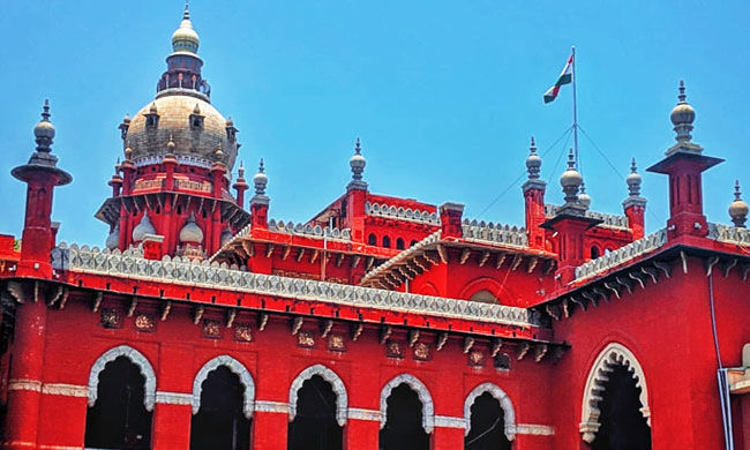Empty Liquor Bottles Can't Be Included In Scrap, TCS Not Applicable: Madras High Court
Mariya Paliwala
29 Dec 2023 9:30 PM IST

Next Story
29 Dec 2023 9:30 PM IST
The Madras High Court has held that empty liquor bottles cannot be included in scrap, and TCS is not applicable.The bench of Justice C. Saravanan has observed that the petitioner is neither the owner of the bottle nor generates scrap as is contemplated under the Income Tax Act, 1961. The activity of opening and uncorking is not a “mechanical working of material." Therefore, the invocation...
